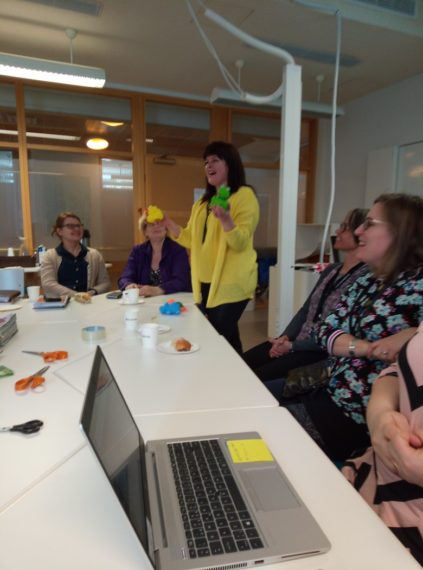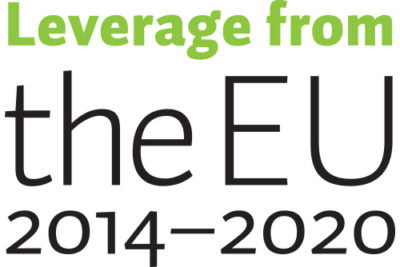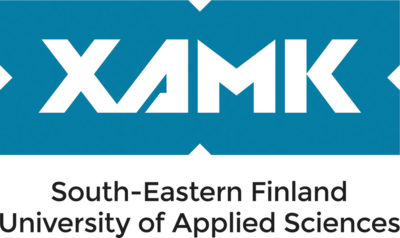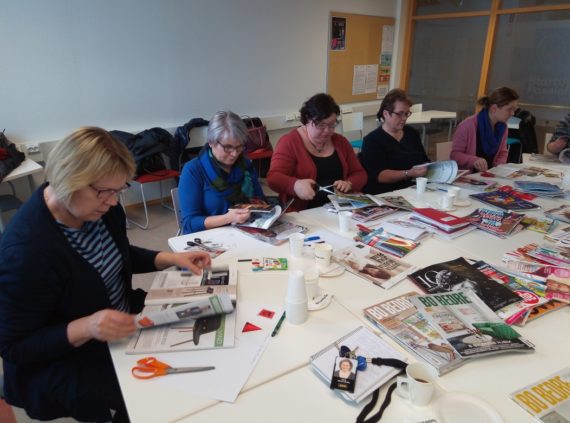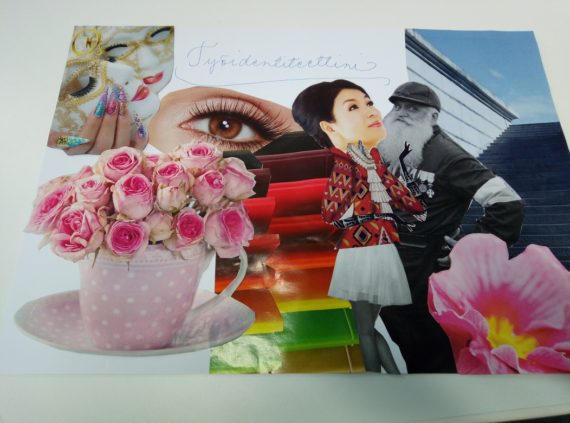Aims
On individual ie. staff level, the aim of Time2grow project has been to develop the interaction skills of care workers, thus promoting their wellbeing and coping at work.
On organization level, the project aim has been the improvement of organizing the work (productivity and wellbeing at work) by impacting e.g. hierarchical structures and ways of interacting.
Action
In Time2grow project, new tools and methods were created for preventing care worker’s burnout and for promoting wellbeing at work in three small Finnish health care work units. It was particularly important to develop the interaction skills of the nursing staff. Good practices for supporting wellbeing at work were also shared with international project partners from Belgium and Poland.
With interactional methods including discussions, experiments and interviews (focus and group interviews) silent knowledge in organisations was heard and transferred to others. A good insight on nurses’ wellbeing and core challenges at work was gained. On the basis of feedback from the nurses, the most important development targets were ensuring information flow, documenting patient data, improving one’s own attitude and identifying with clients’ position. Understanding the significance of interaction and one’s own emotions are crucial.
In development work, simulation pedagogy (simulation workshops that demonstrated challenging situations at work) and service design (experiments and observations) were used as core tools.
Through discussions and observing one’s own emotions, more ways of controlling stress were discovered. Common work culture, understanding others and more effective ways of working were promoted by bringing supervisors and care workers together to discuss and share ideas.
Results
As result of Time2grow project, on individual ie. staff level there is improved communication that reflects to the whole work community. It also increases customer satisfaction and service quality.
On organizational level, the whole work community benefitted from involving the supervisors. They learned new ways of promoting care workers’ wellbeing at work, which has been a significant result from the aspect of organizational development. Involved supervisors have benefitted from service design tools and international cooperation, even though project work cannot necessarily have an direct impact on the ways of organizing the work.
PROJECT OBJECTIVES, ACTIONS AND RESULTS
At present there are increasing demands for healthcare providers, due to ageing population and increased care needs thereby; structural changes in the region; and increasing demands for productivity. There is an increasing need for an awareness of the changing working conditions of care staff.
Wellbeing at work whilst increased demands for productivity need to be better addressed to sustain longer working careers and coping of the staff. Apart from older care workers (over 54 years of age) the issue concerns also middle-aged and younger staff who may change jobs more frequently. In addition, a recently launched regional reform of care service overall organisation affects small-sized healthcare providers. There will be more choice over services emphasising customer satisfaction and quality of service delivery.
Wellbeing at work is a multifaceted and multilayered a phenomenon. In developing wellbeing and productivity at work both subjective experiences and objective factors concerning wellbeing need to be taken into account.
The Kymenlaakso project focusses particularly on developing the wellbeing of care workers employed by small-sized healthcare providers. The project is part of an ESF funded joint partnership whereby joint actions aim to identify and develop best practices for supporting wellbeing at work.
Project objectives at the staff level are: Improved interactional skills of care workers to improve wellbeing at work, coping and the wellbeing of customers; better communication at the workplace as a result of better interactional skills that in turn will affect customer satisfaction and quality of service delivery.
Project objectives at the organisational level are: Improvement of the organizing of work, taking into account both productivity and wellbeing, enabling better management of workplace stress; impact on both formal and informal workplace cultures, hierarchies and ways of interacting. The project involves practical development work at selected small-sized healthcare work units where the staff will be consulted on problems relating to coping.
Solutions will be sought by using simulation pedagogy methodology. The results will be utilized in joint workshops to develop each participating unit. The international cooperation will enable the exchange and dissemination of best practices and solutions found regarding coping at work. The project will produce also new tools and educational contents to be used by healthcare providers and in HE training in the healthcare field.
The key results will be new models for interaction and organizing of work that improve coping, taking into account productivity. The results will be disseminated via professional publications, reports, working and scientific papers in Finland and by the joint EU cooperation. Engaging teachers and students in the project will ensure wider dissemination.
The short and longer term impacts are: Self care tools for care workers to improve coping; improved working capacities; solutions for small-sized healthcare providers for better organising of work, supporting productive working culture and interaction, methods to prevent burnout; and better organisational functioning with improved problem-solving capacities.
please Watch an amazing video of our day away from work!
https://drive.google.com/drive/folders/1xleOg1hBM1wmzLOP4Ic8K0-UQuHJog6R
… and here are also some photos of our recreational activities days in moisio manor may 15th and 23rd 2019!
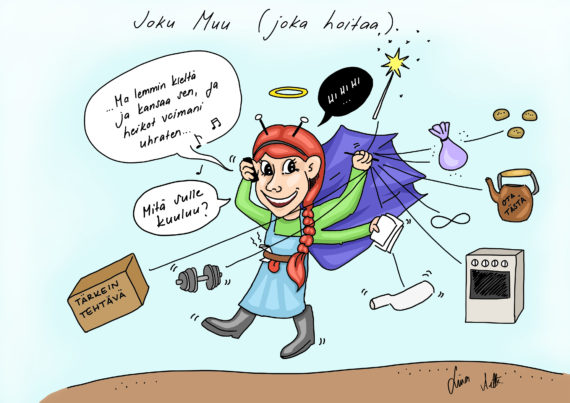
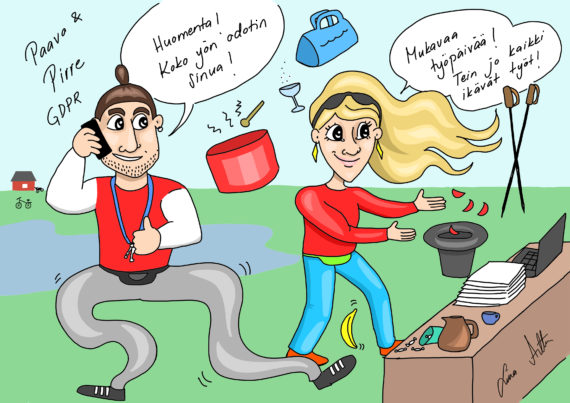
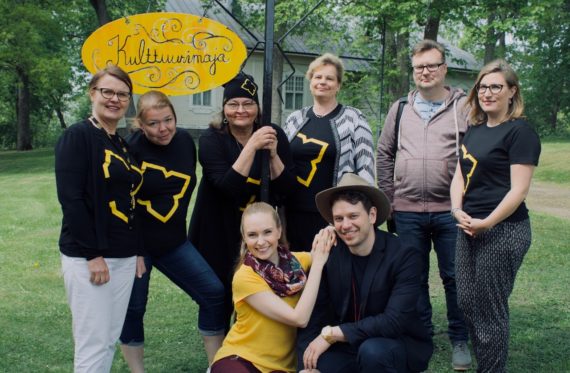
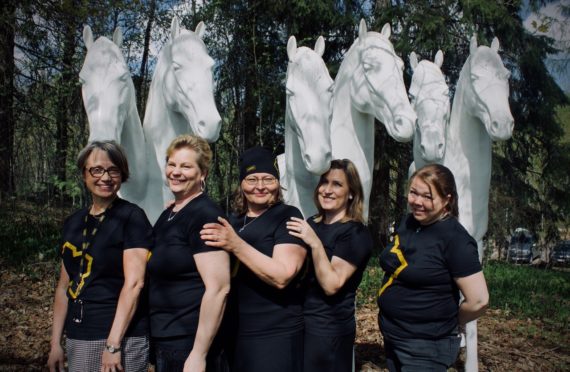
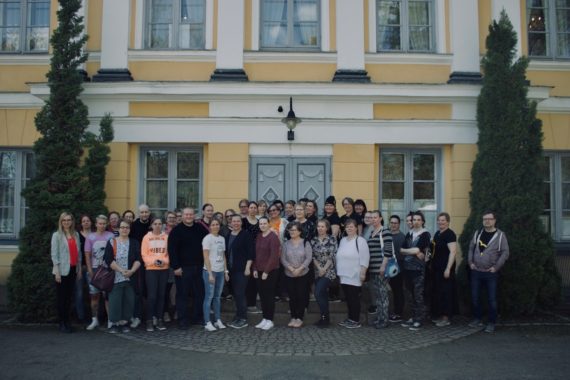
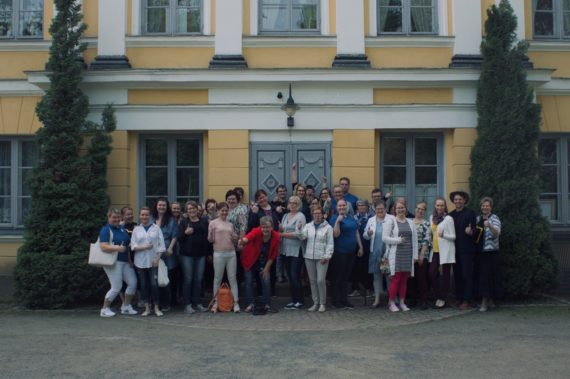
Spring 2018
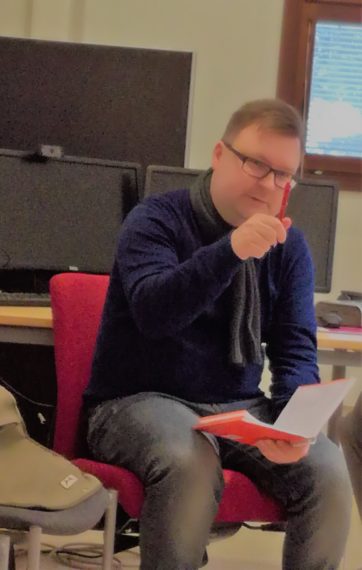
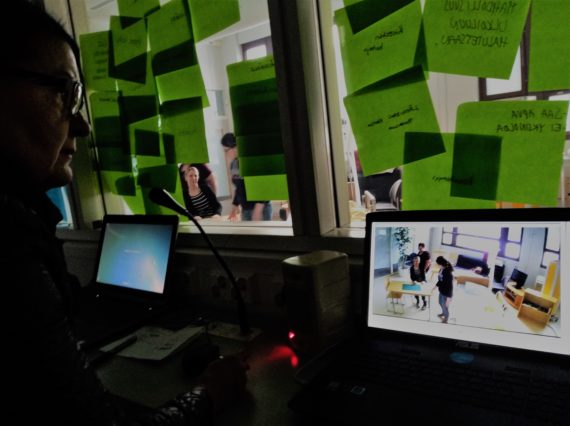
Summer 2018
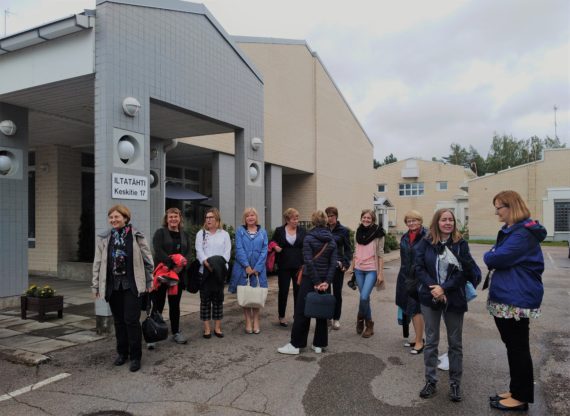
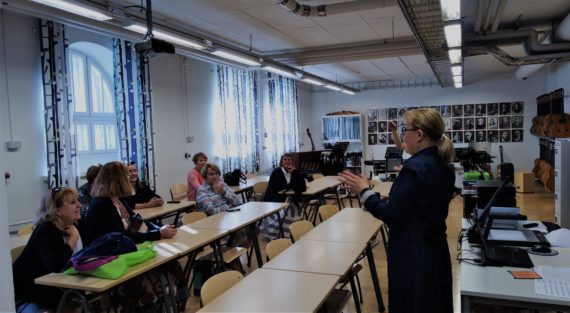
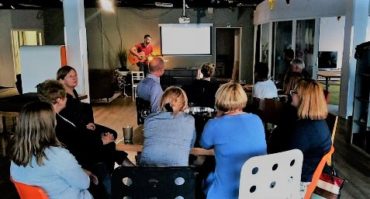
Autumn 2018
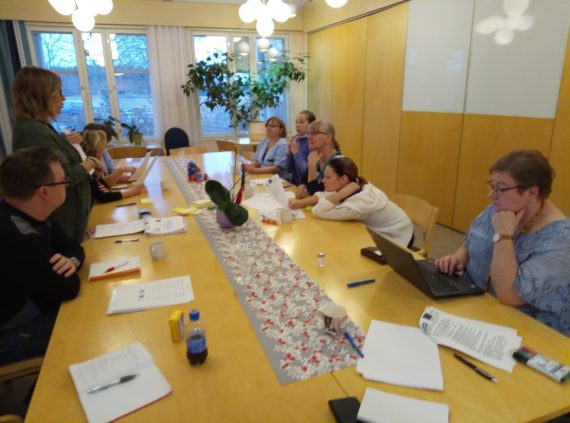
Spring 2019
